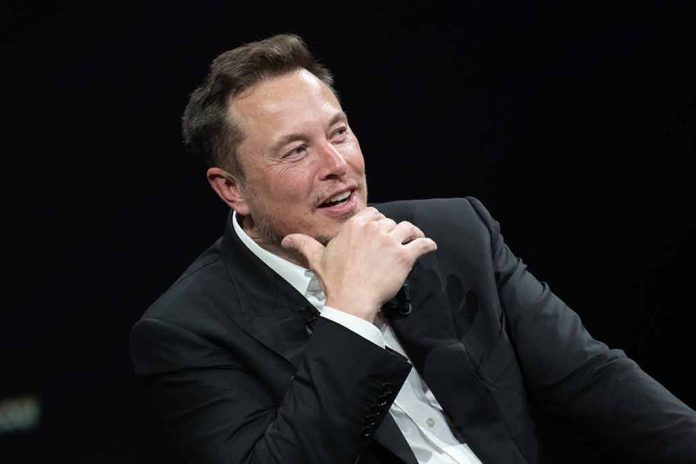
Elon Musk may face a historic expulsion from the Royal Society amid concerns about his political conduct.
Key Takeaways
- The Royal Society meeting on March 3 will review principles due to controversies surrounding Musk.
- Over 2,700 scientists signed an open letter questioning Musk’s activities and membership.
- No fellow has been expelled for 150 years, making potential expulsion significant.
- Sparks debate on intellectual freedom versus personal conduct within prestigious institutions.
Royal Society Under Pressure
Elon Musk’s association with the Royal Society is being scrutinized due to alleged political conduct deemed incompatible with the organization’s values. On March 3, a meeting will discuss the public behavior of its fellows, spurred by Musk’s actions. The Royal Society, the UK’s oldest scientific academy, may have to confront expelling Musk—a step not taken in 150 years since Rudolf Eric Raspe’s departure for fraud.
Over 2,700 scientists, led by Professor Stephen Curry, have issued an open letter demanding an investigation into Musk’s fellowship. They argue that his support of unfounded conspiracy theories and conduct on social media conflicts with the institution’s values. Dorothy Bishop from Oxford is among those protesting Musk’s continued membership by resigning in disagreement.
Elon Musk might become the first Royal Society member in over 150 years to be expelled quite an achievement . Turns out, spewing nonsense and fueling division isn’t the kind of “innovation” the 365-year-old institution values. Who knew that being an attention-hungry billionaire…
— 𝕄𝕒𝕣𝕘𝕒𝕣𝕖𝕥🌴Siegien 🐦📷 (@margaretsiegien) February 18, 2025
Division Among Members
Professor Stephen Curry expressed his frustration: “I am at a loss to understand how these actions are consistent with a code of conduct that requires fellows to have ‘due regard for the statement of values developed from time to time by Society.'” This statement symbolizes growing unease, particularly as Musk’s political affiliations and public visibility represent potential friction with the Royal Society’s reputation.
The dilemma extends beyond Musk’s political behavior, consistently challenging traditional boundaries of intellectual freedom. Sir Adrian Smith, Royal Society president, acknowledges these pressures, yet cautions against judging fellows based on personal views or affiliations. The institution’s struggle to adapt persists among various proposals to update guidelines for public behavior to align with contemporary standards.
Potential Implications
The pending resolution carries heavy implications for Musk—a decision to expel could impact investor confidence in ventures like Tesla and SpaceX. Observers warn it might tarnish the Royal Society’s commitment to intellectual freedom. Yet, it reflects a broader challenge balancing political scrutiny against personal accomplishment.
The controversy continues to fuel public debate on scientific integrity and free expression. As the March 3 meeting approaches, the consequences of either decision will likely resonate, potentially redefining institutional standards across similar scientific communities.
Sources:
- UK’s oldest scientific academy may do to Elon Musk what it has not done to anyone in 150 years – The Times of India
- ‘Bond Villain’: Why 2700 Members Of The UK’s Prestigious Royal Society Want Elon Musk’s Fellowship Revoked | Times Now
- Elon Musk faces exile from 365-year-old Royal Society scientific institution over his political behavior
- Elon Musk’s Royal Society Drama: An Unprecedented Political Power Play | AI News



